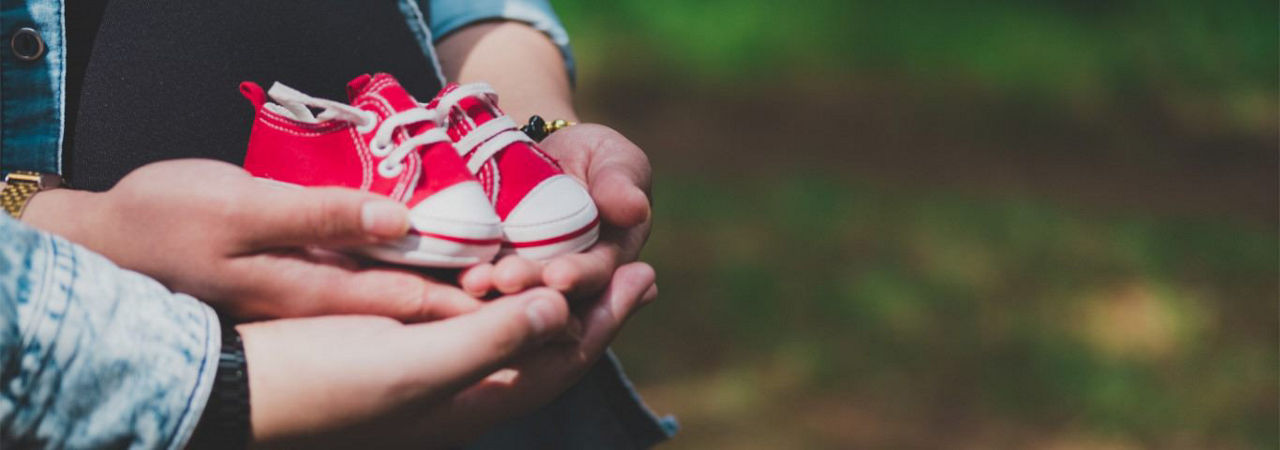Breastfeeding is the best for babies and a healthy diet / maternal nutrition is important when breastfeeding. A decision not to breastfeed can be difficult to reverse. Infant formula is suitable from birth when babies are not breastfed. It is recommended that all formula milks be used on the advice of a doctor, midwife, health visitor, public health nurse, dietitian, pharmacist, or other professional responsible for maternal and child care and the financial implications should be considered. All preparation and feeding instructions should be followed carefully as inappropriate preparation could lead to health hazards.
Working Out Your Ovulation Cycle
If yourhealth and nutrition conditions are up to scratch, then it’s time to learn more about when your body releases your egg – otherwise known as your ovulation cycle. This helps you know the time when you’re most fertile.
When do you ovulate? Your periods happen around every 23 to 35 days and you're most likely to ovulate roughly two weeks before your period, although it varies, woman to woman. Most women have a 28-day cycle and ovulate around day 14.
- Ovulation signs: When you're ovulating you might notice your vaginal mucus increases and becomes gluey or like egg white.
- Recording your temperature: Important ovulation signs also include clear changes in your body’s temperature. You can predict your ovulation cycle by taking your temperature. It drops just before and rises after ovulation has taken place but you need to record it at the same time every morning, before drinking, eating or getting out of bed.
- Buy a predictor kit: You can buy ovulation predictor kits at large pharmacies or most large health stores. They contain sticks that you use to test your urine, a bit like a pregnancy test.
- Have sex regularly during your fertile period: When you think you’ve spotted all your ovulation signs, it’s time to enjoy your passionate moments and mate productively as often as you can! This will boost your chances of conceiving, especially as sperm can survive for up to 7 days and is therefore more likely to connect with the egg, which only survives unfertilised for up to a day.
To learn more about fertility, visit ourFertility Management article.
Disclaimer: All content on this Website is provided solely for informational purposes and is not intended as a substitute for medical and/or other professional advice for your specific condition. Please do not disregard medical and/or other professional advice or delay seeking it because of something you have read on this Website. Always seek medical advice before starting any new treatments.


Ask Our Careline
Whatever’s on your mind, we’re here to help



